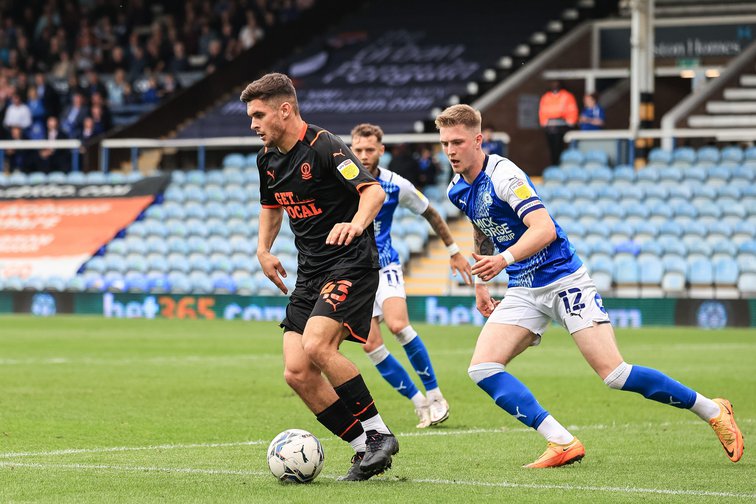Not a day went by without someone using casual homophobic language. Each utterance like a dagger to the heart, further quashing my sense of self-worth.
I’d find myself dreading PE so much I’d feign injury or illness. I’d often getting in trouble for skipping class, but I was more willing to face the scorn of teachers and the inevitable punishments than be in a changing room where terms like ‘f*g’ or ‘that’s gay’ were thrown around like they meant nothing.
In the end I stopped playing entirely.
The most tragic part of my story is that it’s far from unique. I’m one of countless LGBTIQ people who’ve been through this. So much so that it’s hard to comprehend the grand sum of all that lost opportunity and youthful years spent in fear.
These days, I’m still passionately involved in sport. I’m a huge Liverpool fan and a proud Harlequins season-ticket holder, where I’ve helped to set up professional rugby’s first LGBTIQ supporters’ association. But still I’m left wondering what might’ve been.
If I’d had someone like Jake Daniels to look up to back then, an out and proud professional gay player, It would have changed my life, and my entire sense of self-worth.
Maybe I’d have kept playing. Maybe the bullies would’ve seen for themselves that there’s nothing strange about being gay and involved in sport.
Replicate this scenario millions of times over and the impact of representation is plain to see.
This is why Daniels’ story matters so much, and why grown adults like me are so emotional about it.
His bravery will change lives, especially those of young people in sport, just by being himself.
And from the bottom of my heart, I thank him for it.


Comments
We encourage anyone to comment, please consult the oD commenting guidelines if you have any questions.